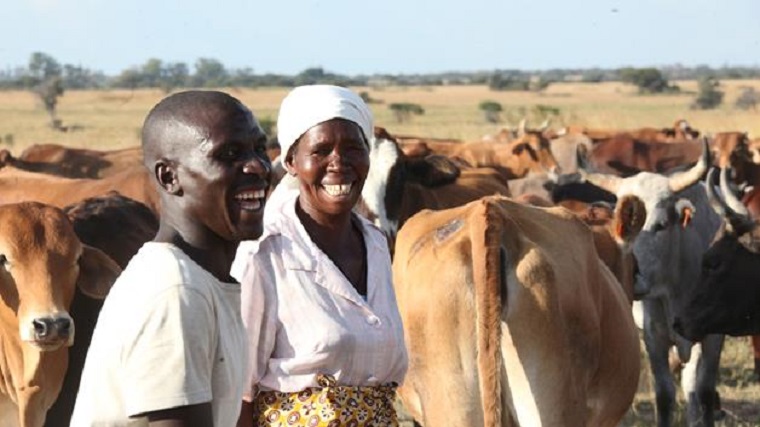When Zimbabwe announced that it was introducing a bill that would allow movable assets like cows and cars to be used as collateral, the story wet viral, but not for the reasons why Zimbabwe was doing it.
It was brushed off as an act of a desperate nation, short of cash, with a declining economy and no solution to its economic quagmire, yet according to Finance Minister Patrick Chinamasa the move was aimed at promoting stability in the financial services sector.
“Many countries regionally and internationally have established collateral registries over the last few decades,” Chinamasa told Parliament.
“These include Liberia, Ghana, Malawi, Kenya, Lesotho, Rwanda, China, Peru, Mexico and Ukraine, among others.
“Studies show that collateral registries have substantial economic impact.
“A study conducted in 2013 found that in countries that have introduced collateral registries, access to bank finance increased by 8% and the terms increased by six months whilst interest rates declined by 3% per annum on average.”
Full statement:
THE MINISTER OF FINANCE AND ECONOMIC DEVELOPMENT (HON. CHINAMASA): Madam Speaker, I rise to present the Movable Property Security Interests Bill [H.B. 7, 2016] for consideration by this august House. The Bill’s principal objective is to provide a framework within which movable property may be used as collateral or security for purposes of obtaining loans upon reasonable terms from members of our financial system.
Background
Madam Speaker, in order to allow a wider demography of our citizens access to bank loans at reasonable interest rates and in equal measure, in order to provide players in the financial sector the additional comfort offered by security, we have considered it fit to introduce this Bill so that it spurs enterprise development and at the same time, that it promotes stability in the financial services sector of Zimbabwe.
Continued on next page
(306 VIEWS)
